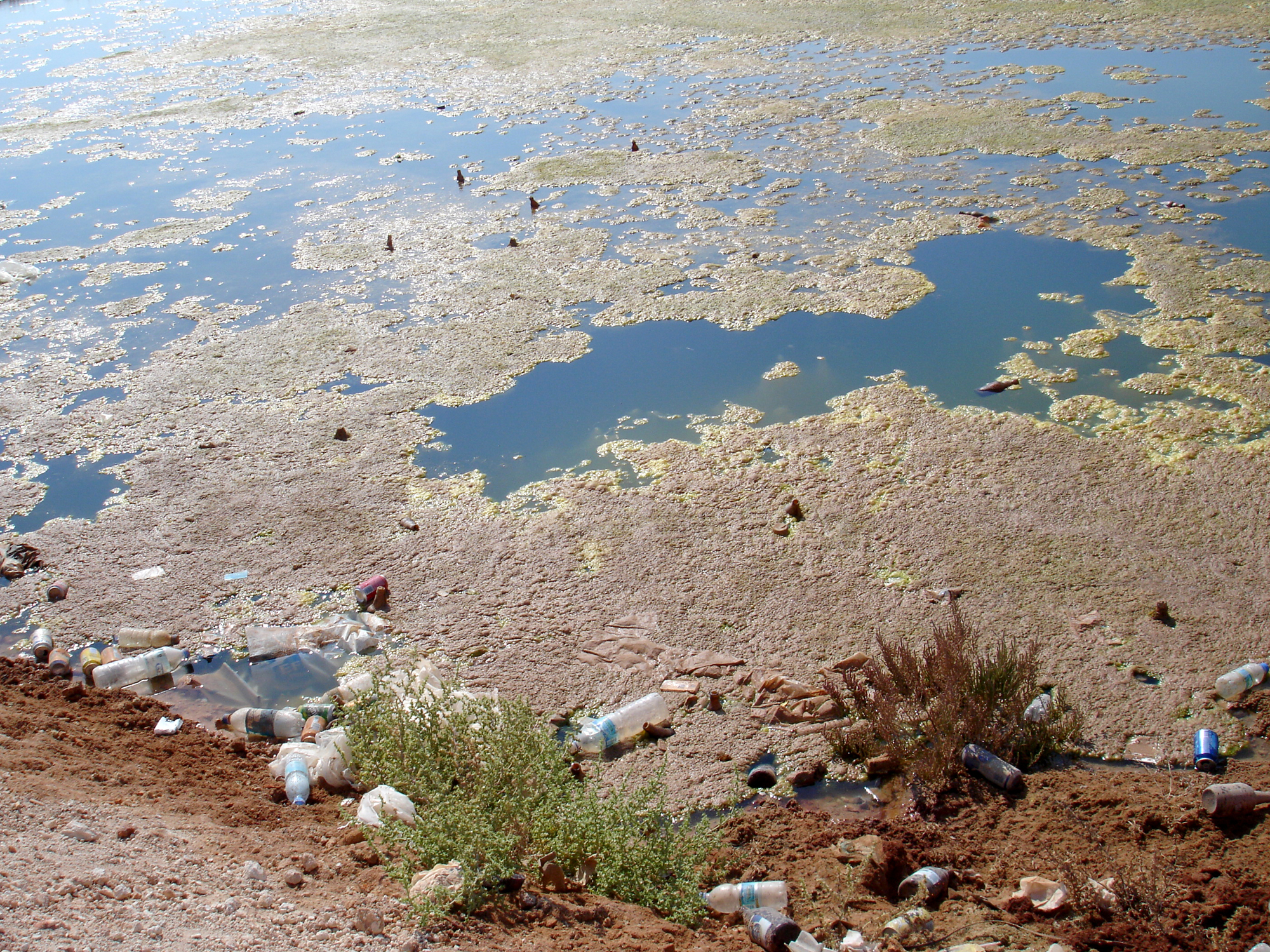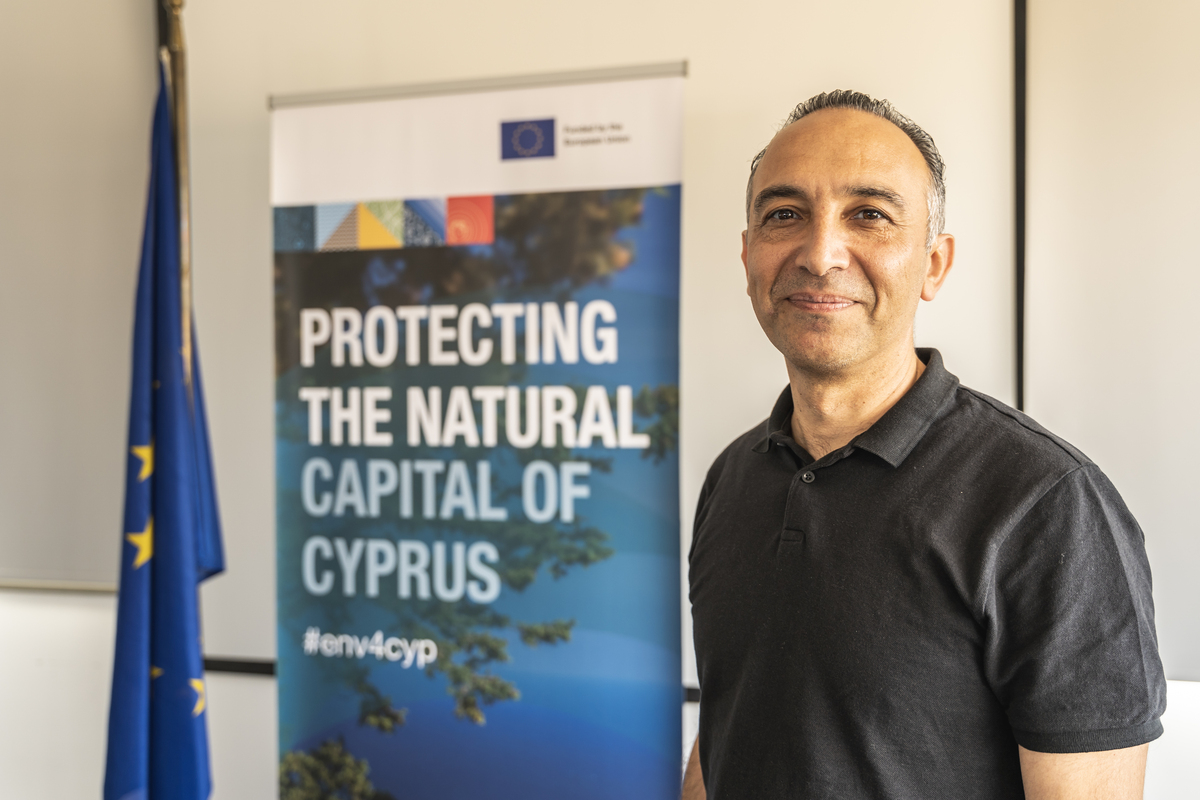5 June 2024, by Ibrahim Alkan | Environmental Engineer
Kofi Annan, who is well known to Cypriots, said: “Information is power, data is liberating.” Today, information is an important power and is vital for making the necessary changes. It is almost impossible to obtain it and access the data obtained in the northernpart of Cyprus. Unfortunately, this is the case in environmental issues as well as in every issue. However, according to the legal text, our departments MUST provide many data to the public.
There is no need to explain here why information and data are needed, but it is obvious that institutions need reliable and accurate data to take steps to meet the rights and needs of citizens and increase their quality of life. Without this information and data, it is not possible for the plans to be successful. It is an international right for citizens to have access to environmental information.
The Aarhus Convention, which was adopted in Aarhus, Denmark in 1998 and entered into force in 2001, is the most fundamental international agreement regarding access to environmental information in the world. According to the Convention, to contribute to the protection of the rights of current and future generations to live in a healthy and good environment, the rights to obtain information and documents on environmental issues, public participation in decision-making and access to justice should be granted. Since the European Union is a party to the convention, all its and member states’ legislations have been adapted accordingly.
In the Turkish Cypriot community, “Environmental Protection Department” (“EPD”) carries out its activities within the framework of the environmental legal text, which came into force in 2012 and that can be considered compatible with the Aarhus Convention. According to this legal text, to support an open exchange of views and more effective participation in environmental decisions, the public should be provided with access to environmental information held by public bodies and organizations. In this context, public bodies and organizations must respond to the environmental information request publicly within one month at the latest. Additionally, the “EPD” should collect environmental information, create a database and update it constantly. It should also ensure that environmental information gradually become available via electronic databases that can be easily accessed by the public.

Photo: İbrahim Alkan
In addition to all these, “EPD” must prepare a report on the general state of the environment, including information about the quality of the environment and the pressures on the environment, and publish it every three years. In addition, it must inform the public if alarm thresholds regarding air quality are exceeded and must prepare a report on outdoor air quality to inform the public. These are only the most basic articles in the environmental legal text. Unfortunately, the issues mentioned above have not been implemented as necessary to date.
There are also rights granted to the public in statutory regulations. According to the EIA legal text, for projects falling within the scope of this text, a meeting should be held where the people of the region who may be affected can comment on the project and the related EIA report and express their opinions on the effects of the project. The “EPD” organizes these meetings. Public participation meetings published in the local newspaper and on the “EPD”’s website are open to the public. Participation is achieved by being informed about the project and receiving opinions, questions and suggestions. The committee examining the reports must take these opinions into consideration. My observation from the meetings I attended is that the participation in these meetings is very low. It is especially important for the local people to express their opinions about the project by attending these meetings and to follow-up on the actions.
Another important text regarding obtaining information is the Environmental Control legal text. According to this, the “EPD” must prepare an Environmental Control Plan and publish it on its website. After each field visit to the facilities, auditors must prepare an Audit Report and state in the report their results regarding the facility’s compliance with the permit conditions and whether additional action is required. The summary of the audit report is published on “EPD”’s website and announced to the public.

Photo: İbrahim Alkan
In addition, there are legal texts not only on environmentbut also on access to general information. The legal text regarding Good Administration gives private persons the right to apply in writing regarding their complaints and to request the body to take action on a matter within its control. The applicant or persons are supposed to be informed in writing about the decision, with justification, within thirty days at the latest.
So, what can we do if we do not receive an answer to our requests? In this case, we can apply to the relevant body responsible for Good Administration legal text, and to the ombudsperson on other issues. The ombudsperson may take action upon the application of any person who claims to have been treated unfairly on a matter, or s/he may take action as a result of the news in the press, the information s/he receives, the observations s/he makes, and prepares a report on the subject and submits detailed information about this work every six months. This Report is available to the public and to the press. This situation puts pressure on institutions that do not fulfill their duties.
To what extent are all the legal texts I mentioned implemented? Hardly ever! Let me explain this to you by giving some concrete examples. For example, approximately twelve years have passed since the publication of the legal text for environment. Despite this, the “EPD” has not or could not prepare its report, which is required to be published every 3 years. While the Annual Air Quality Status Report regarding air quality is free in many places, one has to pay for this report here.Summary of audit reports, which must be published in accordance with the Audit Regulation, are not published. These examples could be increased further.
As you can see, we have many rights regarding access to information. It is very important to know these rights and use them to access information. The important thing here is to make all inquiries in writing. This will provide us with evidence in the future. When you enter this struggle, you may find out that employees or administrators at some institutions, where the information is requested, do not have the necessary knowledge about the current legislation. If needed, you will have to teach the legal text to these employees and managers. Another important task here falls onto civil society and professional chambers. Organizations should put up a struggle for the resolution of environmental issues I mentioned above. These issues should be brought to the forefront in the media and pressure should be put on the relevant bodies.
Remember, you and your children need environmental information too…

[1] Çevre Koruma Dairesi web sitesi: https://www.cevrekorumadairesi.org/
[2] Ombudsman web sayfası: https://ombudsman.gov.ct.tr/
[2] Ombudsman web sayfası: https://ombudsman.gov.ct.tr/
Ibrahim Alkan
Discover MoreThe content of this blog is the sole responsibility of the author and do not necessarily reflect the views of the European Union.


